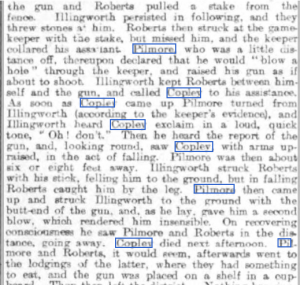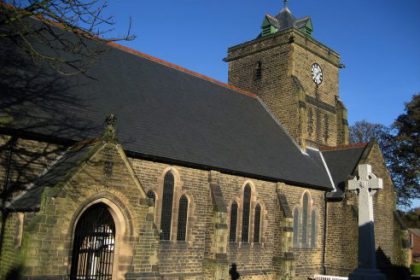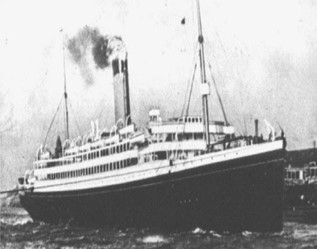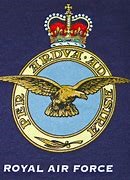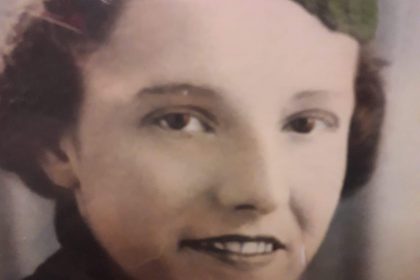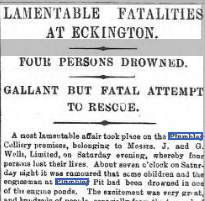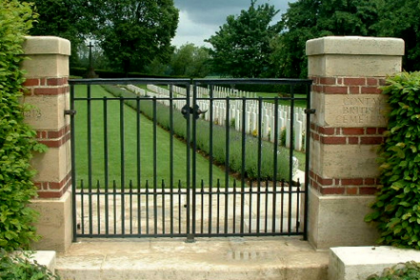Information has reached Rotherham to the effect that David Pilmore who was sentenced to death at the Leeds Assizes. February 1888, for what was known as the Badsworth murder. The death sentence being afterwards commuted penal servitude for life is shortly to be released. Philmore has thus served over ten years. He has not enjoyed good health for some time.
The case excited great public interest, and from time to time in the interval this has been revived by efforts to obtain the reprieve of Philmore. Many will remember that it was a poaching affray. The man killed was Edward George Copley, game watcher for Captain Jones, Badsworth Hall. The case for the prosecution was to this effect:
Early on the morning of April 28th, 1887. Copley and William Illingworth, gamekeeper, were watching in Welby Wood: whilst doing so they saw Pilmore and another man named Henry Roberta. Copley was directed by Illingworth to follow them. He did so. One of the men fired some object in an adjoining field and Philmore went to see if anything had been shot. Presently Illingworth came up and accosted the two men. They told him to go back, but he refused, and they proceed, he followed. They informed him that if he did not leave them it would be worse for him.
Pilmore took charge of the gun and Roberts pulled a stake from the fence. Illingworth persisted in following, and they threw stones at him. Roberts then struck at the gamekeeper with the stake but missed him. and the keeper collared his assistant.
Pilmore, who was a little distance off. thereupon declared that he would blow a hole” through the keeper and raised his gun if about to shoot. Illingworth kept Roberts between himself and the gun. and called Copley to his assistance.
As soon as Copley came up Philmore turned from Illingworth (according to the keeper’s evidence), and Illingworth heard Copley exclaim in a loud, quick tone, “Oh! don’t.” Then he heard the report of the gun, and, looking round, saw Copley, with arms upraised, in the act of falling. Pilmore was then about six or eight feet away. Illingworth struck Roberts with his stick, felling him to the ground, but in falling Roberts caught him by the leg. Pilmore then came up struck Illingworth to the ground with the butt-end of the gun and as he lay. gave him a second blow, which rendered him insensible. On recovering consciousness, he saw Philmore and Roberts in the distance, going away. Copley died next afternoon. Pilmore and Roberts. It would seem afterwards went to the lodgings of the latter, where they had something to eat. and the gun was placed on shelf in a cupboard.
T
hey then left the district. Nothing has since been heard of Roberts. In October, the same year Pilmore enlisted, under a false name, the Royal Berkshire Regiment, Reading, and remained there for some time. On the Christmas Eve he made statements with reference to the murder, but as he appeared under the influence of drink, no notice was taken of them. On the following day. however, he repeated his assertions, and as the result of inquiries was over to the police.
Pilmore was tried before Mr Justice Day. and Mr. Charles Mellor conducted the defence. It was suggested that Copley’s death was due accident, and Corporal Thomas Webb, the Berkshire Regiment, stated that Pilmore. in making his statements, declared that the gun went off by accident. With reference to this, the Judge asked the jury to remember Copley’s exclamation; “Oh! don’t”. After consulting for twenty minutes the jury returned a verdict of guilty, and the death sentence was passed. This, as already stated, was commuted to penal servitude for life.
Leeds Mercury – Saturday 23 July 1898 © BNA

